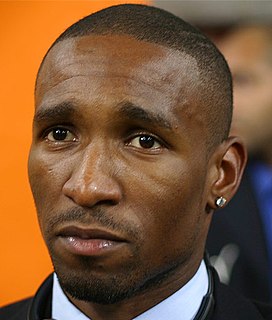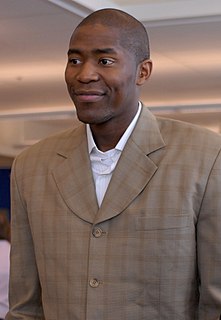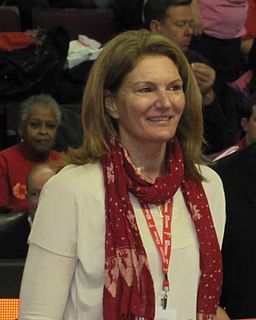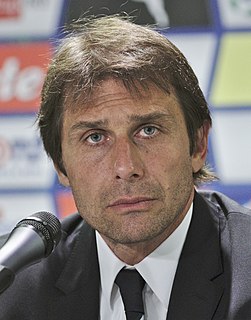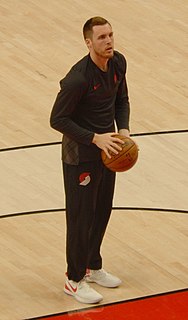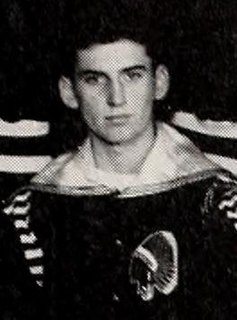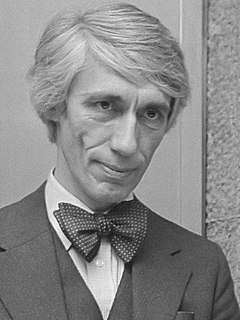A Quote by Jermain Defoe
I knew I could play really well in one game, score the winning goal and then, come the next game, I wouldn't play at all or I might come off the bench for the last five minutes. So I was frustrated towards the end of my time at Spurs. I wasn't happy.
Related Quotes
We got anxious at the end of the weekend in our urgency to try to score the winning goal. Ended up playing far too many long balls forward. That style of play doesn't suit Manchester United. We must continue to play football and enjoy the game. If we do that, eventually things will come right for us.
I feel that Im not losing the game for our team. Im trying to give us the best opportunity to win the football game. I did everything I could to lose the Jets game but we won. And the Patriots game, I didnt play well. I think that this year, I just come out and play smart football. I got some good advice the other day (from CBS Sports Dan Dierdorf): Every drive that ends in a kick is a good drive.
